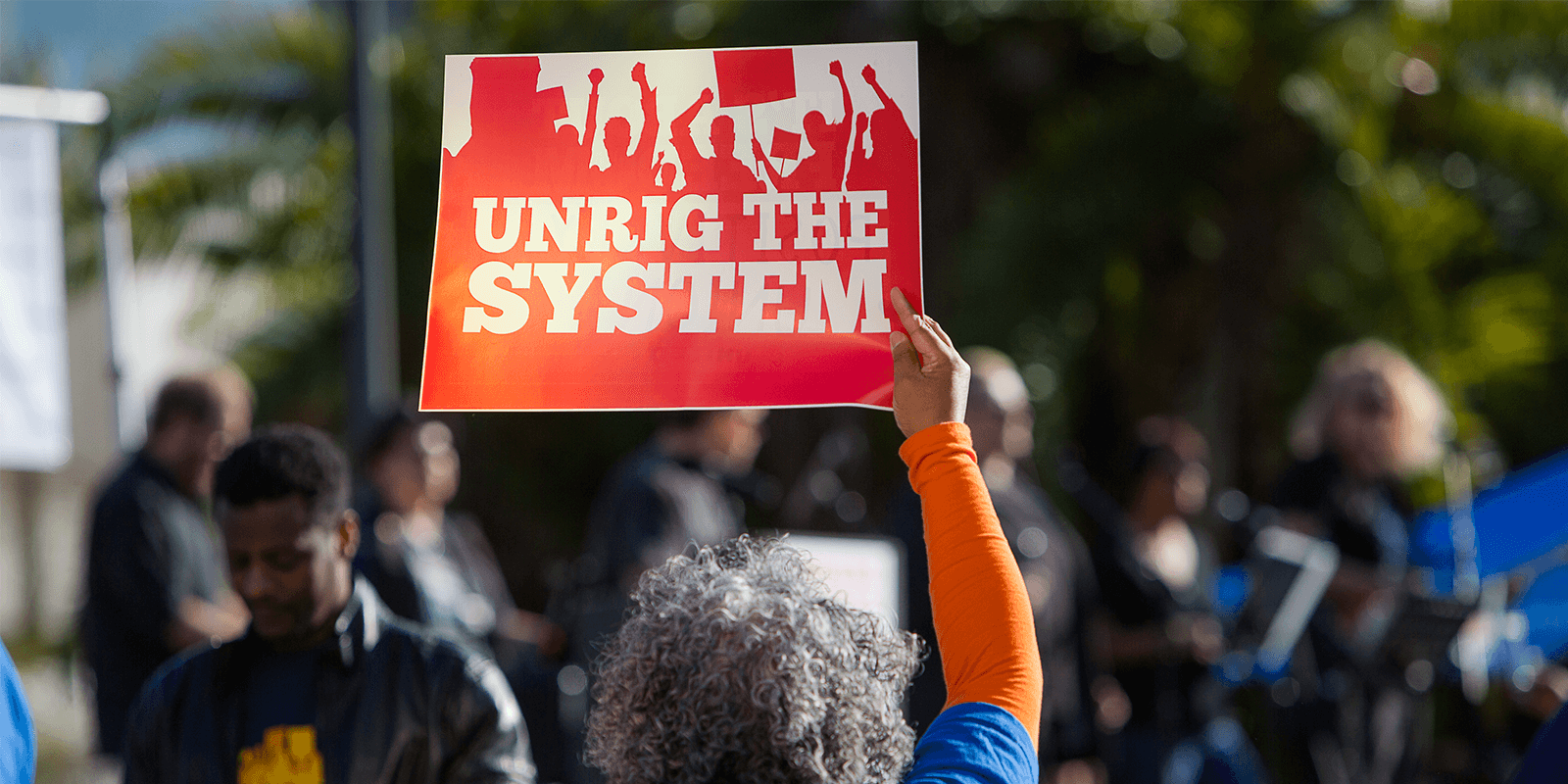A consensus is emerging in courts across the country that attacks against the freedom of public service workers following the Supreme Court’s Janus decision are going too far. Such attacks seek to cripple unions by demanding the retroactive repayment of legally collected fair share fees.
The latest ruling comes out of Illinois. In it, U.S. District Judge Robert Gettleman found that Mark Janus, the same plaintiff in Janus v. AFSCME Council 31, is not entitled to receive back pay for the fair share fees that his union legally collected from him over about five years. He said any other result would promote lawlessness and erode the judiciary’s standing in the eyes of the public.
“AFSCME followed the law and could not reasonably anticipate that the law would change,” the judge wrote.
Other courts, most notably in Oregon, Washington and Alaska, have ruled in the same way, essentially sending the message that attacks against worker unions have gone too far. Of course, as we’ve pointed out before, such attacks are orchestrated by wealthy corporations and special interest groups that want to silence workers’ voices. After the ruling in Janus, Mark Janus joined the Illinois Policy Institute, the wealthy, corporate-funded outfit that bankrolled his lawsuit.
Recent court victories also include rulings that protect workers’ fundamental right to collectively bargain. In Missouri, judges ordered the preliminary halting of two Missouri laws, one that would eliminate merit system protections and collective bargaining over job protections for state employees, and another that would hamstring all Missouri public service workers’ rights to collectively bargain.
In addition, the Ninth Circuit Court of Appeals rejected an attempt by wealthy special interests – the Freedom Foundation and National Right to Work Foundation – to eliminate exclusive representation in labor relations, a bedrock principle that ensures worker solidarity and strong unions.
Our experience with the Janus case taught us that the U.S. Supreme Court cares more about rigging the system further toward corporate interests than about facts and precedent. But it’s also showing us that public service workers see through the charade and are ready to fight any new attempt to weaken their solidarity or their passion to keep their communities safe, healthy and strong.
